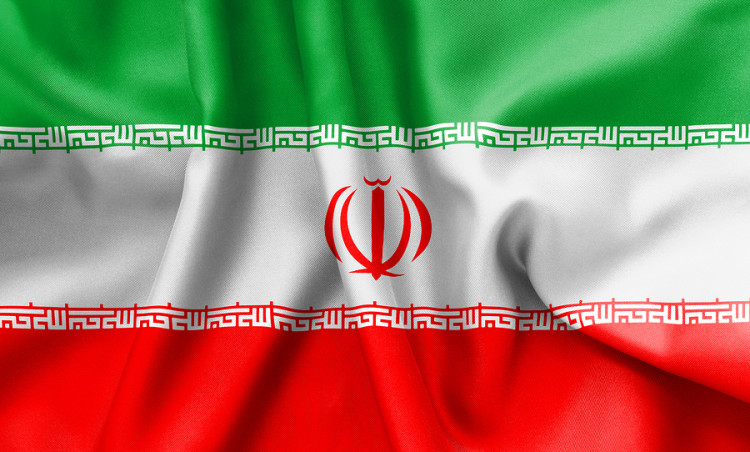Iran Expects ‘More Rationality’ From Trump Once in Office

(Bloomberg) —Iran expects U.S. President-elect Donald Trump to display “more rationality” after he steps into the White House, a senior official in Tehran said, downplaying the alarmed reactions to his win as “temporary phenomena.”
“What has been said before the election was for” campaigning purposes, Peyman Ghorbani, vice governor for economic affairs at Iran’s central bank, said Wednesday in an interview in Frankfurt at a banking conference. “We expect to see more rationality on positions taken by Trump after he becomes president.”
During his campaign, Trump said last year’s agreement between world powers and Iran, which curbs the country’s nuclear program in exchange for sanctions relief, was a bad deal and he has repeatedly advocated “dismantling” or renegotiating it. Iranian President Hassan Rouhani, who has pushed for political and economic engagement with the world to make up for years of isolation under sanctions, has been courting global companies since the pact, with the aim of doubling foreign direct investment to about $15 billion in 2016.
President Barack Obama, who met with Trump last week to discuss policies he hopes will continue after the Jan. 20 handover, said Monday that “unraveling a deal that’s working and preventing Iran from pursuing a nuclear weapon would be hard to explain.”
Foreign Ministry spokesman Martin Schaefer from Germany, one of the six nations involved in the accord with Iran, said Wednesday his government will try to convince the incoming U.S. administration that the agreement, which “has been held to in word and deed, is and remains the right policy.”
Not Just Oil
Rather than focusing on the reaction to the U.S. election, the central bank must “implement good and consistent policies” and work to make Iran’s economy “resilient to shocks,” Ghorbani said.
Large companies with prior experience working with Iran know its potential, Ghorbani said, adding that his nation stands by commitments included in the nuclear deal. There is no reason for foreign companies to be afraid, he said.
Iran’s economy will grow at least 5.6 percent in the year through March 2017 and inflation will be 9.1 percent, Ghorbani said in his address to bankers and companies earlier. Growth will mainly come from the oil sector while Iran is also working on stimulating other industries, he added.
Iran’s “reliance on oil is decreasing and the non-oil sector is picking up,” Ghorbani said, adding that the share of non-oil exports in total export of goods increased to 48 percent in the year through March 2016, from 20 percent five years ago.
By implementing reforms in the banking sector and “directing credit toward unused capacity and productive activities,” Iran hopes to continue diversifying its economy, Ghorbani said.
–With assistance from Patrick Donahue. To contact the reporter on this story: Ladane Nasseri in Tehran at lnasseri@bloomberg.net To contact the editors responsible for this story: Alaa Shahine at asalha@bloomberg.net Ben Sills, Tony Czuczka



No Comment